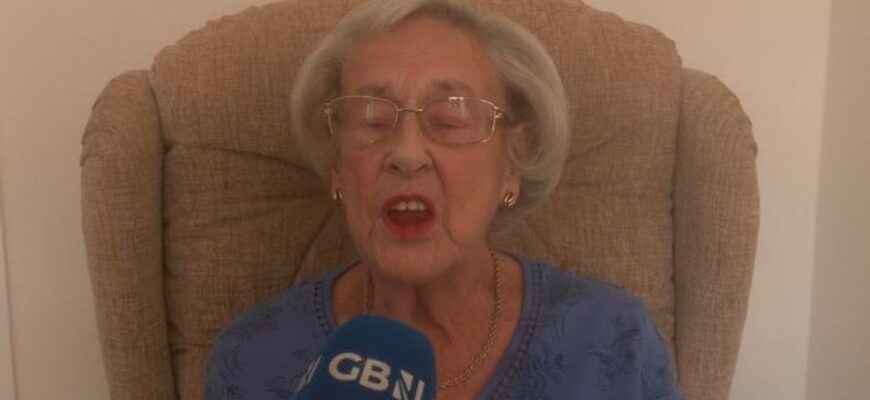Recent instability within global financial markets has triggered significant anxiety among UK pension holders, prompting some individuals to re-evaluate their retirement plans.
The fluctuating value of numerous pension funds reflects broader international uncertainty – notably the recent trade tariffs implemented by President Donald Trump – leading to substantial losses for many investors.
Financial advisors are strongly recommending a measured response, urging savers not to succumb to panic but rather to exercise caution and thoroughly explore all available options. This includes the possibility of delaying retirement or strategically reducing withdrawals from pension accounts until market volatility subsides.
“Trump’s tariff-related turbulence has understandably caused considerable concern regarding pensions,” stated Helen Morrissey, Head of Retirement Analysis at Hargreaves Lansdown. “It’s naturally unsettling to witness a decline in the value of your retirement savings and there is genuine uncertainty surrounding when conditions might improve. However, maintaining composure is paramount.”
Morrissey emphasized that pension investments are fundamentally long-term endeavors. “Your investment horizon frequently extends for seventy years – it’s essential to adopt a strategic, long-range perspective.”
This guidance arrives amidst widespread reports of pension savers logging into their accounts to discover dramatically reduced balances, even after consistent contributions over many years. Those nearing retirement are particularly vulnerable due to the limited timeframe available for recovery.
“Delaying retirement temporarily could provide an opportunity to mitigate losses, as historical trends suggest that patience can ultimately prove beneficial,” Morrissey explained.
Consider this example: during the Covid-19 pandemic, market values plummeted by 31.7% within a single month. A year later, they remained down by 7.2%, but three years subsequent to that, markets rebounded significantly, achieving an increase of 5.8% above their pre-pandemic levels.
“Individuals approaching retirement can carefully assess whether postponing retirement for a period or reducing income withdrawals could allow their investments time to recover,” Morrissey continued.
While predicting future market movements is impossible, Morrissey cautioned against impulsive actions such as abruptly halting pension contributions or shifting towards lower-risk investments during periods of decline. “Such knee-jerk reactions can severely damage your portfolio and impede recovery when markets eventually stabilize.”
Furthermore, she highlighted the importance of diversification – spreading investments across various geographical locations and asset classes – to lessen exposure to drastic stock market fluctuations.
“Reacting hastily by switching investments or reducing contributions can inflict considerable harm on your portfolio, making recovery more challenging when stability returns,” Morrissey added.
Amidst rising consumer prices and continued global instability, the current economic environment may appear challenging. Nevertheless, for most pension savers, a consistent strategy remains key: maintain investment exposure, prioritize diversification, and exercise patience.
As always, individuals seeking clarity regarding their options should consult with a qualified financial advisor before making any significant decisions.



